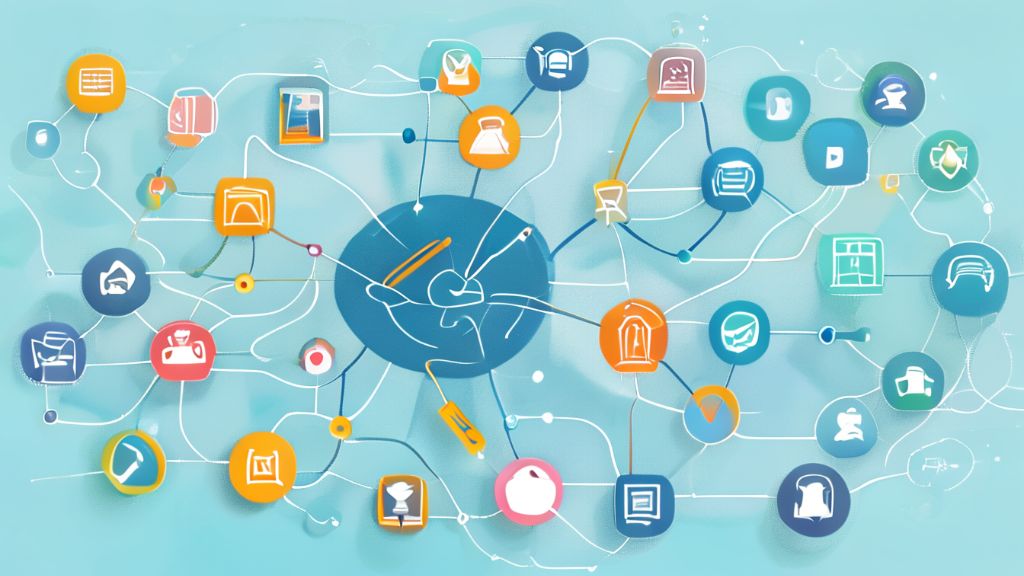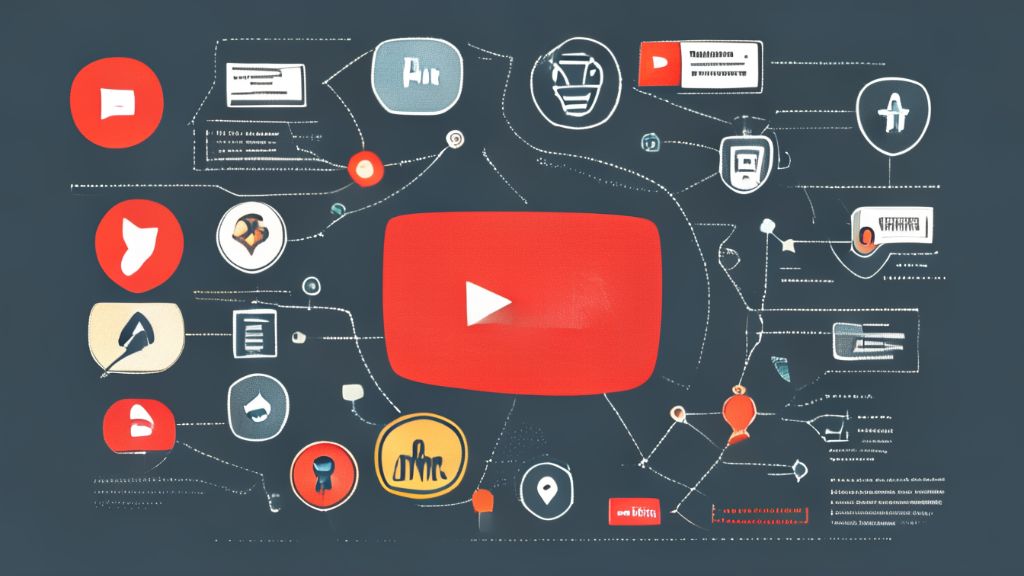Feeling Drowned in Data? What Exactly is CRM and Why Should You Care?
Feeling Drowned in Data? What Exactly is CRM and Why Should You Care?

You know how dealing with hoards of customer data is just part and parcel of running a business? Think about Joe, who had a consultancy firm. He was in a similar predicament, juggling everything from marketing leads to personal information for sales. The rapid influx of leads and managing client duties were really making him lose sleep. It’s a common struggle, isn’t it?
So, have you ever wondered how big companies like Amazon and Google handle all this complexity so easily? Well, Joe’s friend Kevin introduced him to the concept of CRM systems. These platforms are designed to streamline this whole process. Ultimately, it leads to better use of company resources, more revenue, and happier customers. Pretty important stuff, right?
But what is CRM, really? It stands for customer relationship management, and it’s all about the strategies, techniques, systems, and technologies businesses use for development, retention, and acquisition. The main goal is to make your interactions with customers stronger, encouraging them to stick around and ultimately boosting your sales. CRM systems are pretty clever; they gather customer info from every place you connect with them – your website, phone lines, web chat, email, marketing content, even social media. And get this, they can give your staff who interact with customers really in-depth knowledge about their personal details, purchase history, and what they like to buy. That’s how you offer a truly personalized experience!
Beyond Just Contacts: How CRM Transforms Your Business Operations

Here’s the thing, a CRM system isn’t just for managing contact lists; it can be used by nearly every part of your organization. We’re talking sales, customer service, marketing, even hiring and corporate development! The core idea behind these platforms is simply a better way of handling all your external interactions. It’s about creating a smoother flow.
Like Kevin showed Joe, you can use a CRM platform to centralize all your customer data. This means tracking service issues, finding potential new clients, and managing those marketing campaigns all in one spot. What’s interesting is how this centralization helps your team access data way faster, and suddenly, collaboration becomes incredibly smooth. This really boosts productivity across the board.
Now, it’s important to know what CRM doesn’t do. It’s not designed to help with back-end operations like manufacturing, warehousing, shipping, engineering, or finance. Naturally, if a CRM can’t see something, it can’t really control it, which can reduce its overall effectiveness if your team is working on leads or transactions outside the system. However, some CRM applications are purely focused on data management and can really help entrepreneurs run their businesses more successfully. Plus, some all-in-one systems even offer features like landing pages, quotations, and invoicing. So while it doesn’t handle everything, it covers a lot of ground!
Real-World Wins: Seeing the Benefits of CRM in Action

Let’s talk about some real-world examples. You know, Kevin had to convince Joe, so he explained how his own startup was benefiting from their CRM platform. For starters, their CRM manages all of Kevin’s contacts and pulls together crucial customer data like demographics, purchase history, and past conversations from every channel. This data is then available to anyone in the company who needs it.
This means Kevin’s team has all the client information right at their fingertips, which allows them to offer a much better customer experience. And I’ve seen this firsthand; a better experience almost always leads to higher client satisfaction. What’s more, by streamlining the sales process, creating a sales funnel, and automating key tasks, a CRM platform can seriously boost productivity and sales performance. It gathers all your data in one location, which makes everything more efficient.
Here’s something I find particularly helpful: CRM software often comes with analytical features that put your data into context. It breaks everything down into useful metrics and actionable insights. Kevin could use metrics like click-through rates, churn rate, and demographic data to see how well a marketing strategy was performing and adjust his approach. Another great benefit is how CRM software excels at creating a single, central database for all your client information. It makes it readily available to anyone who needs it, improving the client experience and saving your staff time they would have spent digging through old files. Isn’t that neat?
Looking Ahead: How CRM Helps You Predict and Plan for the Future
We touched on the analytical side a bit, and let me tell you, this is where CRM really shines in helping you look forward. With the automated sales reports you get from CRM software, you can start seeing important trends and get a sense of what to expect from your future sales cycles. Think about it; you can then adjust your goals and targets based on these estimates. That’s pretty powerful for planning!
What’s also cool is how CRMs automate daily tasks and procedures like contact, communication, and collaboration. This just makes your team’s workflow so much quicker. And it gets even better: the CRM can actually minimize mistakes and make sure that all communications are sent to the right people at the right times. No more missed emails or incorrect addresses!
Thanks to Kevin showing him the ropes, Joe could finally focus on the important aspects of running his business. He didn’t have to get bogged down in all the nitty-gritty logistical details anymore. It really frees you up to think strategically.





